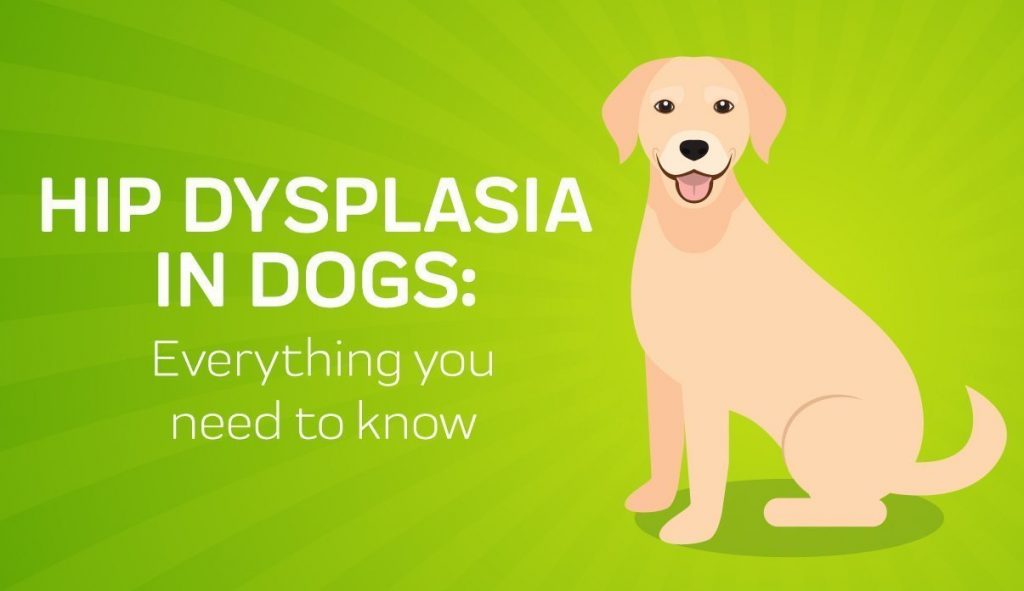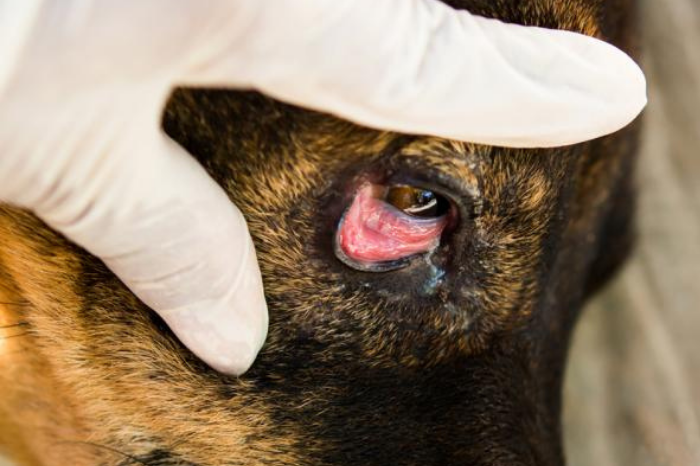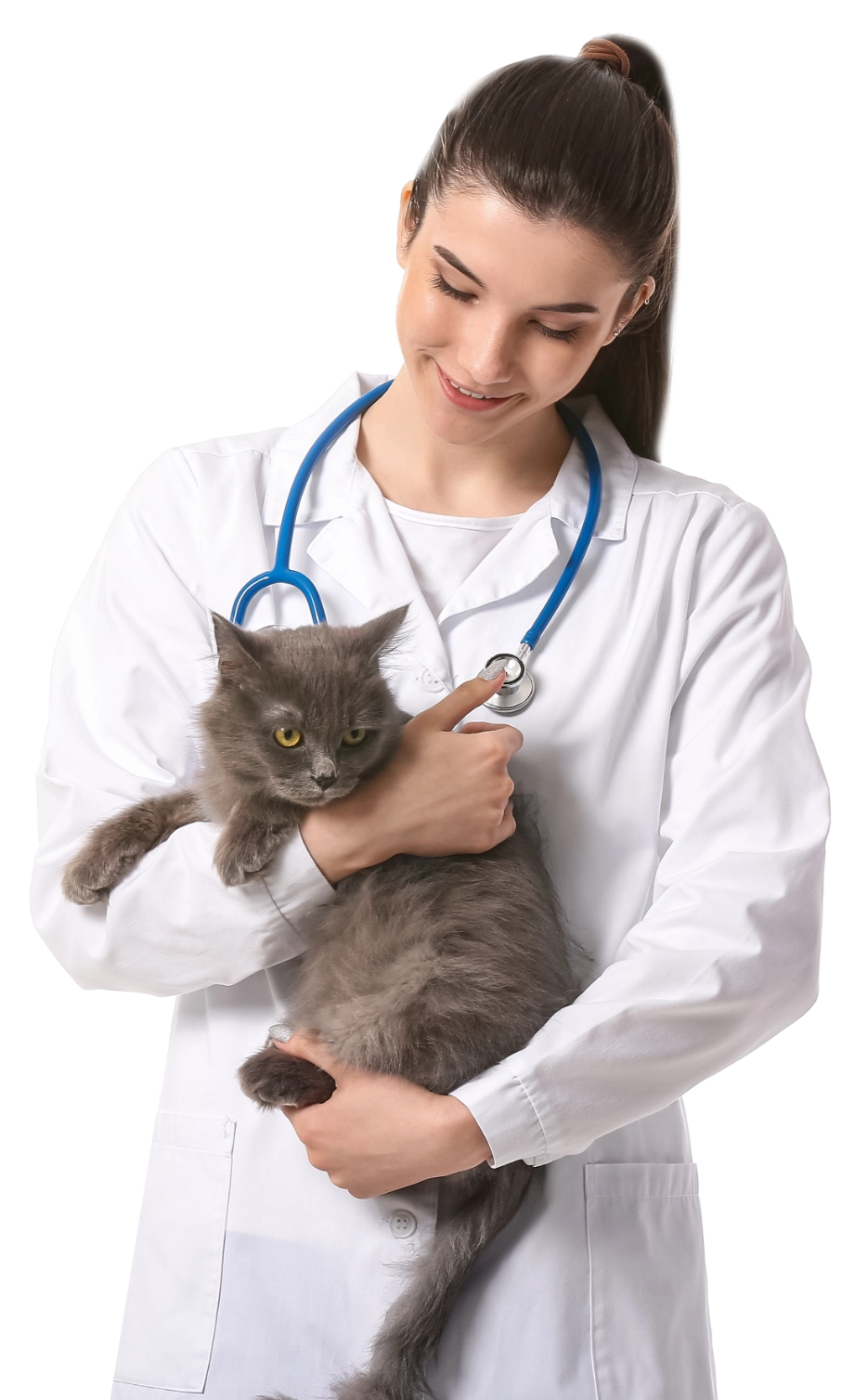

Periodontal Disease in Pets
What is Periodontal Disease?
Periodontal disease is an inflammation of some or all of a tooth’s support. Unlike gingivitis, periodontitis indicates a bone loss. If left untreated, periodontitis may cause loose painful teeth which will, later on, progress to complex internal diseases.
What causes Periodontal Disease?
The cause of gum disease in cats and dogs is the same as what people experiences. Gum disease is an infection resulting from a build-up of soft plaque or bacterial accumulation on the surfaces of the teeth around gums. Within hours of teeth being cleaned, bacteria are easily attracted to it, within days, the plaque becomes mineralized and produces calculus or tartar. As plaque continues to age and gingivitis becomes more developed, periodontitis (bone loss) occurs.
What are the Signs?
Bad breath is the most common sign noted by owners that are caused by irritations in the gums. This leads to bleeding and oral pain which makes pets lose their appetite, excessive drooling, and food dropping while they eat.
How is it Diagnosed?
As Bone loss occurs below the gum line, the best way to evaluate the severity of the periodontal disease is having your pet examined under general anesthesia. With this, your vet can give you the best treatment.
How is it Treated?
Fortunately, periodontal disease is preventable. The two key components to preventing periodontal disease are dental care at home and annual veterinary care. Imagine what your mouth might be like if you never brushed your teeth? Your pet’s mouth is no different. Daily brushing remains the gold standard to prevent plaque and calculus and slow the disease progression. There are also diets, treats, chews, and water additives that can be used to assist you with your pets’ preventive oral health care program. An annual visit for a veterinary dental cleaning is an important part of your pet’s oral hygiene care. The annual dental procedure under general anesthesia allows your veterinarian to visually examine each tooth and use a dental probe, in addition to obtaining radiographs to evaluate the tooth structure. When done regularly, your pet’s mouth is evaluated thoroughly and cleaned, any bacteria and signs of early-stage disease progression can be addressed immediately before it causes extensive and expensive damage. Surely, your pet will thank you after having a clean and healthy mouth.
Dental Experts at The City Vet Clinic
Your dental team of experts at The City Vet Clinic is ready to discuss proper oral hygiene for your furry friends and the possible treatment that may require. Call one of your nearest branches to speak with a dental expert.
recent post

EARLY DETECTION AND TREATMENT OF HIP DYSPLASIA IN PUPPIES
Hip Dysplasia in dogs is an anatomical orthopedic condition which has a genetic background and affects mostly..
learn more
“CHERRY EYE” or PROTRUSION OF THE GLAND OF THE 3rd EYELID
Protrusion of the gland of the third eyelid (or “cherry eye”) occurs most commonly in dogs and..
learn more



